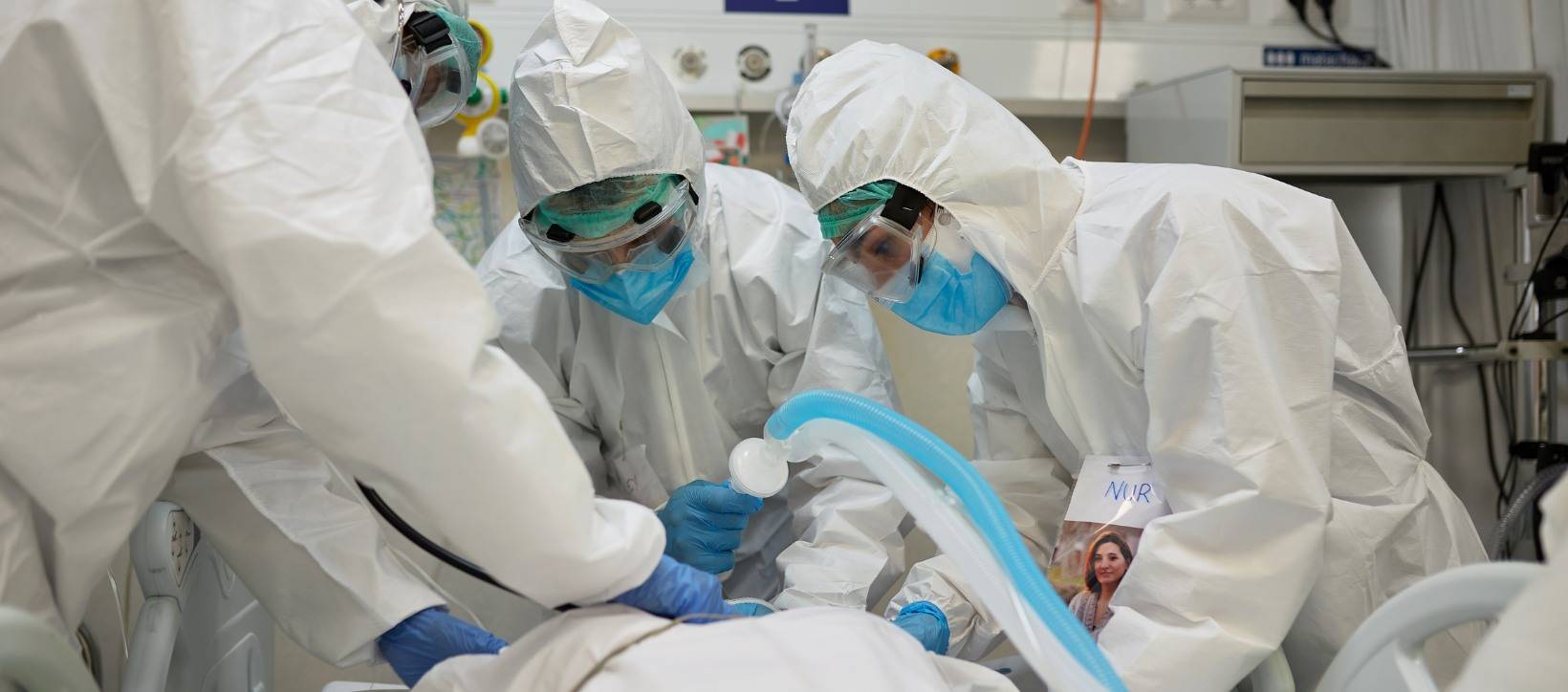The article provides a general overview of the existing regulatory framework associated with adverse events.

Table of content
The Egyptian Drug Authority (EDA), the country’s regulatory agency in the sphere of healthcare products, has published guidelines for detecting and reporting adverse reactions to pharmaceutical products and medical devices.
The document provides an overview of the applicable regulatory requirements, as well as additional clarifications and recommendations to be taken into consideration by medical device/drug manufacturers to ensure compliance thereto.
At the same time, provisos of the guidance are non-binding in their legal nature, nor are they intended to introduce new rules or impose new obligations.
The authority also reserves the right to make changes to the guidance and recommendations provided therein, should such changes be reasonably necessary to reflect corresponding amendments to the underlying legislation.
Regulatory Background
The Egyptian Pharmaceutical Vigilance System has been developed in line with the principles of vaccine vigilance and medical device safety.
The guidelines issued by the authority address the matters related to pharmaceutical vigilance, detailing the means to assess and categorize Adverse Reactions.
Moreover, they also clarify the approach to be followed by the parties responsible for healthcare products when reporting to the Egyptian Pharmaceutical Vigilance Center.
Recommendations provided in the present guidance are based on the developments of the International Conference for Harmonization (ICH) and the European Medicine Agency (EMA).
Scope
The document is initially intended to support the initiatives aimed at ensuring and expanding the availability of drugs and medical devices in the country while ensuring their proper quality and effectiveness.
Furthermore, all the parties involved in operations with healthcare products including but not limited to drug/medical device manufacturers, healthcare providers, etc., are encouraged to participate in vigilance activities.
According to the guidance, this proactive participation is crucial for documenting any anticipated adverse reactions, thereby ensuring the well-being of the broader community.

Definitions
To assist the parties involved with interpreting and following the applicable regulations, the document provides definitions of the most important terms and concepts associated with the matter including, inter alia, the following ones:
- Adverse Event/ Adverse Experience: Any unforeseen medical anomaly that might arise during the administration of a pharmaceutical product or a medical device.
It is important to note that such an occurrence might not have a direct causative link with the treatment. - Adverse Drug Reaction (ADR): A detrimental and unintentional response incited by a pharmaceutical product.
- Unlike an adverse event, an ADR provides for the potential assumptions regarding its causative relationship with the administered medicine.
- Causality Assessment: It stands for a systematic evaluation to determine the likelihood of a medicine being the catalyst for an observed adverse reaction.
- Clusters: These are the groups or instances (two or more) of an event that share a commonality in terms of time, place, or any other parameter.
For instance, AEFI clusters often relate to a specific health facility or a specific vaccine batch. - Drug/ Medicine: Any substance within a pharmaceutical product designed to modify or investigate physiological or pathological states for the patient’s benefit.
- EPI & EPVC: These are acronyms for the Expanded Program for Immunization and the Egyptian Center for Pharmaceutical Vigilance respectively.
- Expectedness of the Adverse Drug Reaction: The assessment that checks if the reaction aligns with the provided information about the product.
- Field Safety Corrective Action (FSCA): It stands for a preemptive measure taken by manufacturers to mitigate risks linked with the usage of an already marketed medical device.
- Lack of Efficacy: It refers to the unforeseen inability of a medicine to achieve its intended effect.
- Medical Device: It refers to any tool equipment, software, or material intended for medical use.
- Minor AEFI: These are usually non-serious events post immunization which resolve in a short span without causing any significant harm.
- National Pharmacovigilance Center: It is an officially acknowledged centre capable of gathering, analyzing, and advising on all facets of medical safety.
- Rechallenge: refers to the administration of the drug once again after its initial withdrawal.
- Serious Adverse Event or Reaction: Medical occurrences that might lead to consequences such as hospitalization, disability, or other significant medical ramifications.
The authority additionally emphasizes the importance of differentiation between the terms “serious” and “severe”: while “severe” emphasises the intensity of a reaction, “serious” pertains to the significance of the medical implication itself. - Side Effect: any unintended repercussion of a pharmaceutical product when used in regular doses.
- Signal: refers to information hinting at a probable causal relationship between an adverse reaction and a drug.
- Spontaneous Reporting: It stands for a system that allows health professionals and pharmaceutical manufacturers to voluntarily document adverse drug reactions.
- Unexpected Adverse Reaction: A reaction whose nature or severity is not in alignment with the established information or expected characteristics of the medicine.
Conclusion
In summary, the present guidance issued by the EDA highlights the key points associated with the existing regulatory framework for adverse events.
The document describes the approach to be followed by all the parties involved in operations with medical devices and other healthcare products in order to ensure the adverse events associated thereto are addressed properly.
How Can RegDesk Help?
RegDesk is a holistic Regulatory Information Management System that provides medical device and pharma companies with regulatory intelligence for over 120 markets worldwide. It can help you prepare and publish global applications, manage standards, run change assessments, and obtain real-time alerts on regulatory changes through a centralized platform. Our clients also have access to our network of over 4000 compliance experts worldwide to obtain verification on critical questions. Global expansion has never been this simple.

